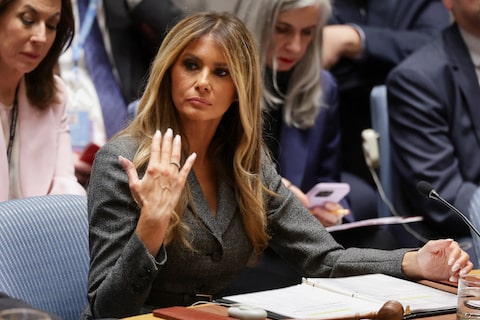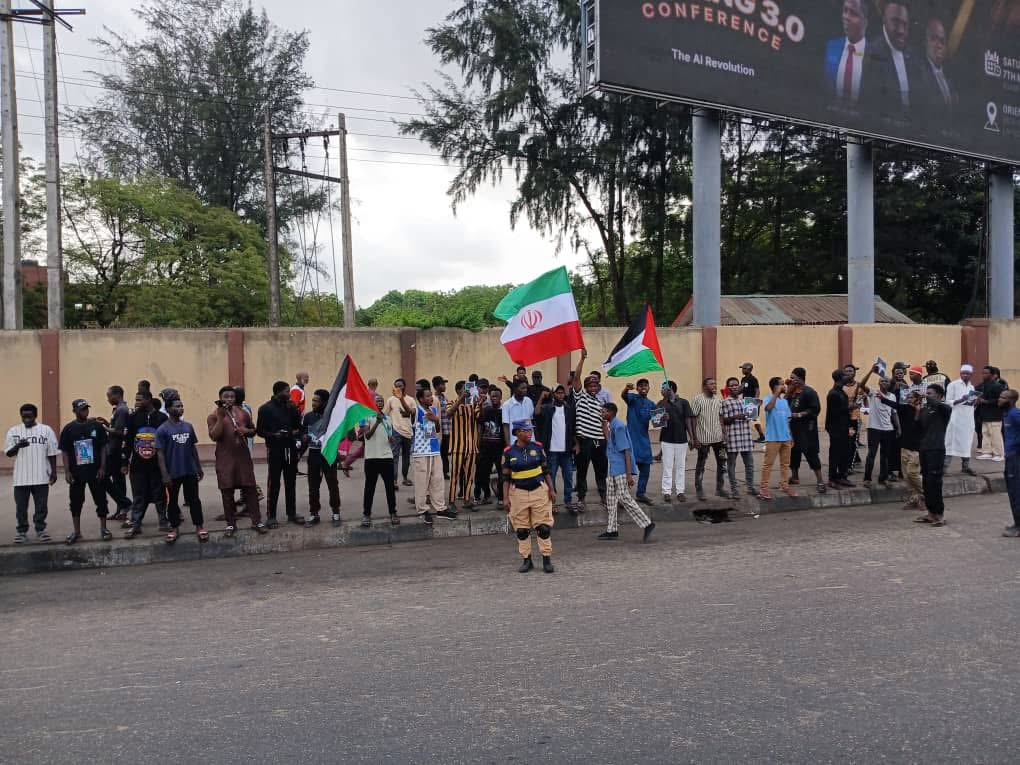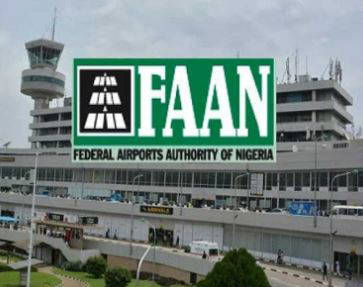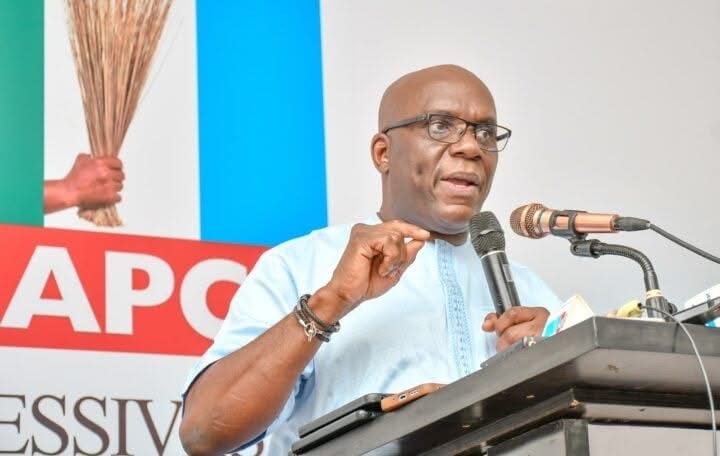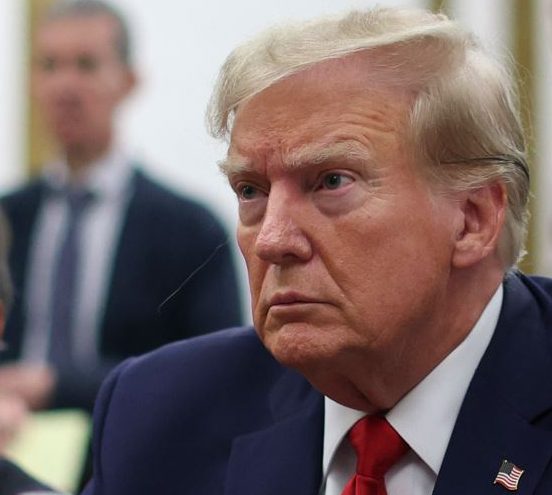
The Trump administration has reversed policies that previously protected sensitive locations like schools, churches, and hospitals from immigration enforcement, now allowing U.S. immigration authorities to arrest individuals in these spaces.
This policy shift ends over a decade of restrictions aimed at safeguarding such areas.
The Department of Homeland Security (DHS), which oversees agencies like Immigration and Customs Enforcement (ICE) and Customs and Border Protection (CBP), announced the change in a statement that emphasized the need to eliminate places where individuals could evade arrest.
The statement stressed that “criminals will no longer be able to hide in America’s schools and churches to avoid arrest” and reaffirmed the administration’s trust in law enforcement to use their discretion in enforcing immigration laws.
The directive, issued by Acting DHS Secretary Benjamin Huffman, also reinstates the nationwide use of expedited removal, allowing ICE to quickly deport undocumented individuals who cannot prove they have been in the U.S. for over two years.
This policy change is part of a larger immigration crackdown by the Trump administration.
In addition to this shift, the president signed several executive actions this week, including suspending the refugee system, blocking access to a key app used for facilitating entry into the U.S., and bolstering cooperation between ICE and local governments.
As part of this effort, ICE agents are set to conduct nationwide operations to arrest and deport undocumented individuals.
Tom Homan, the president’s border czar, confirmed that these efforts would begin immediately, with ICE officers across the country actively enforcing immigration laws.
Advocacy groups have strongly criticized the new policies, with the Center for Law and Social Policy warning of severe consequences for immigrant families, especially those with U.S.-citizen children.
They expressed concerns that the changes could deter families from seeking medical care, disaster relief, and education, and increase the likelihood of children witnessing traumatic encounters with immigration authorities.
Religious leaders have also voiced their opposition, with the Episcopal bishop of Washington calling for compassion toward immigrants and vulnerable populations during an inaugural prayer service.
Advertisement

